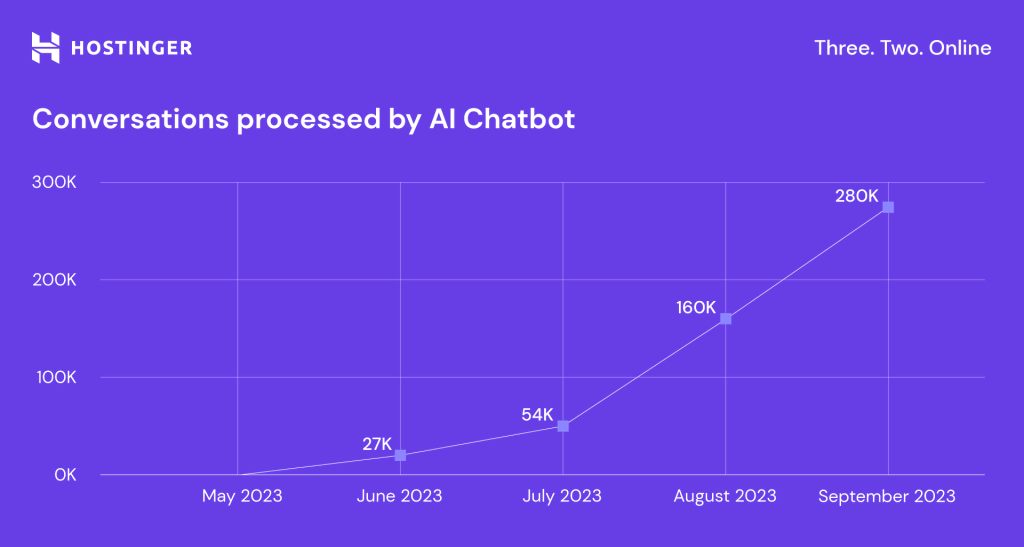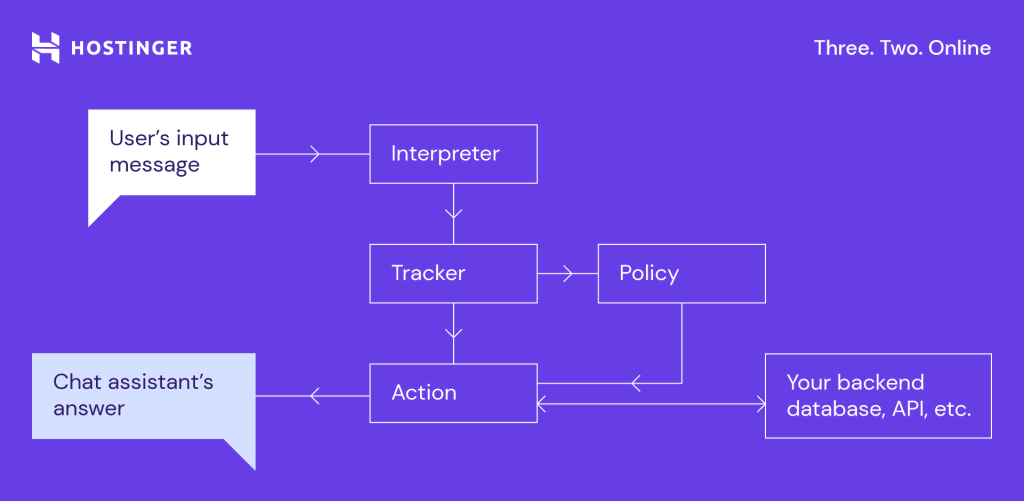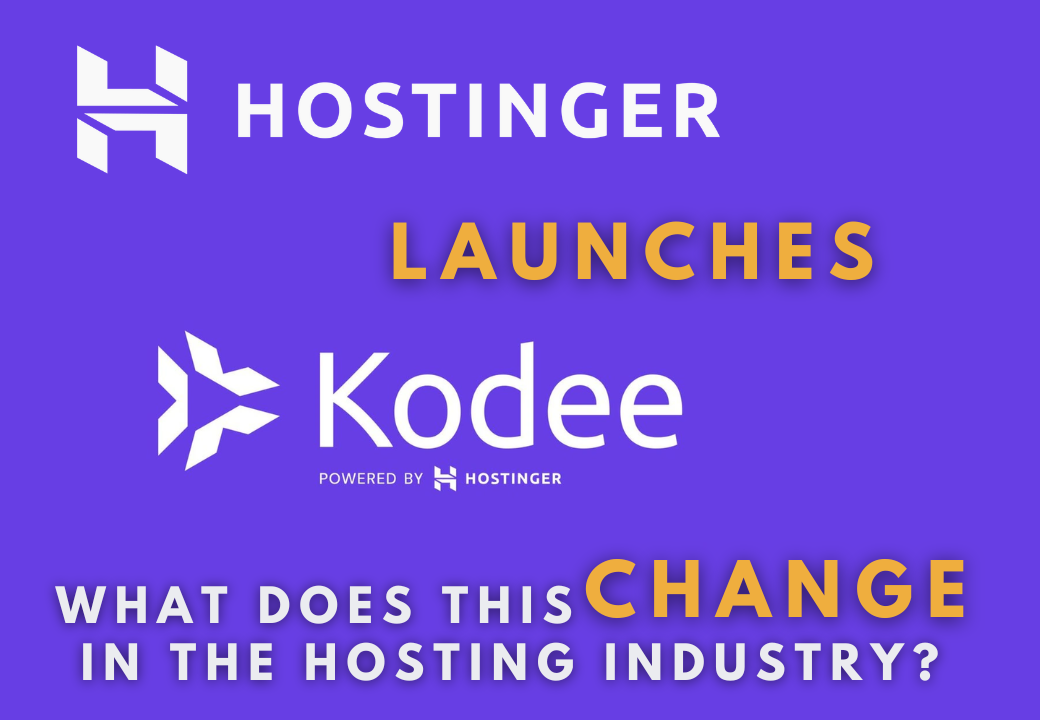Many hosting companies are exploring how to effectively integrate AI into their services and overall operations, aiming to improve efficiency and enhance the customer experience. Hostinger is one such company that has made significant progress by implementing its AI assistant, Kodee, to streamline customer interactions and automate routine tasks.
Hostinger recently shared the results of this implementation, highlighting the positive impact Kodee has had on customer support. By helping users manage their hosting services and troubleshoot issues more efficiently, the AI assistant has delivered noticeable improvements. Hostinger’s success with Kodee offers valuable insights for other hosting companies considering similar AI solutions.
Hostinger’s Kodee shows promising results
The assistant is integrated across Hostinger’s key services, including their hosting plans, WordPress, and VPS management. Kodee can handle simple customer inquiries, allowing support agents to focus on more complex issues. According to Hostinger, Kodee has already started addressing 50% of all live chat requests, providing instant support to thousands of users daily. Its functionality extends to various platforms:
- WordPress Support: Kodee assists users by offering advice on plugin management and site optimization. In August, over 25,000 unique interactions were logged with WordPress users alone.
- VPS Management: For VPS customers, Kodee helps monitor system logs, troubleshoot errors, and even provide the necessary commands for server management.
- Sales Assistance: On the Hostinger website, Kodee assists potential customers in choosing hosting plans and provides technical specifications. In August, it helped sell over 7,500 hosting plans.
Hostinger’s investment in artificial intelligence seems to be paying off, as data indicates a sharp rise in conversations processed by Kodee. In May 2023, Kodee handled 27,000 conversations, but by September 2023, that number had risen to 280,000—a tenfold increase in just five months. This growth underscores the effectiveness of AI in scaling customer service without requiring equivalent growth in human support staff.

Building on lessons learned
The development of Kodee has been a process of trial, iteration, and improvement. Initially built using a hybrid model combining Rasa, an open-source framework, and OpenAI’s GPT-3.5, Kodee’s early iterations faced limitations in handling complex, dynamic conversations. By September 2023, Hostinger moved to a fully Large Language Model (LLM)-based solution, improving flexibility and accuracy. This switch allowed Kodee to address more complex customer queries and significantly reduce reliance on human intervention.
However, the integration wasn’t without challenges. As the team noted, early versions often provided generic responses when they lacked contextual knowledge. The solution involved integrating retrieval-augmented generation (RAG) techniques, which allowed the system to pull in more specific data, reducing the number of inaccurate or incomplete answers. This helped reduce what developers call “hallucinations”—situations where the AI confidently provides wrong information.
LLM-Only solutions
Initially built using a hybrid system combining Rasa with OpenAI’s GPT-3.5, Hostinger realized that strict rule-based systems limited flexibility. Kodee has since transitioned to a more advanced Large Language Model (LLM)-only solution, which now powers most of the chatbot’s functionality. The shift has allowed Kodee to respond to more nuanced and complex queries, making it a more efficient tool in reducing the number of fallback requests that require human intervention.
The following diagram shows the original architecture with Rasa:

Future improvements
Hostinger’s goal is to lead the web hosting market in AI-driven customer support. As part of this commitment, the team continues to refine Kodee’s ability to interact with customers, aiming to increase the percentage of fully automated responses beyond the current 50%. To achieve this, they analyze customer interactions, pinpointing where the assistant’s responses can be improved.
What this means for the industry?
Hostinger’s success with Kodee provides a roadmap for other web hosting companies. By employing AI to handle routine queries and freeing up human agents to focus on complex issues, businesses can improve their customer support efficiency while also reducing operational costs. While AI cannot yet replace human expertise entirely, tools like Kodee demonstrate that AI can handle a significant portion of customer inquiries—helping businesses scale without sacrificing service quality.
As Kodee continues to evolve, other hosting companies may look at similar implementations to boost their customer service capabilities. Whether AI can fully manage customer support is still a question for the future, but the early results are promising.
Kamil Kołosowski
Author of this post.
